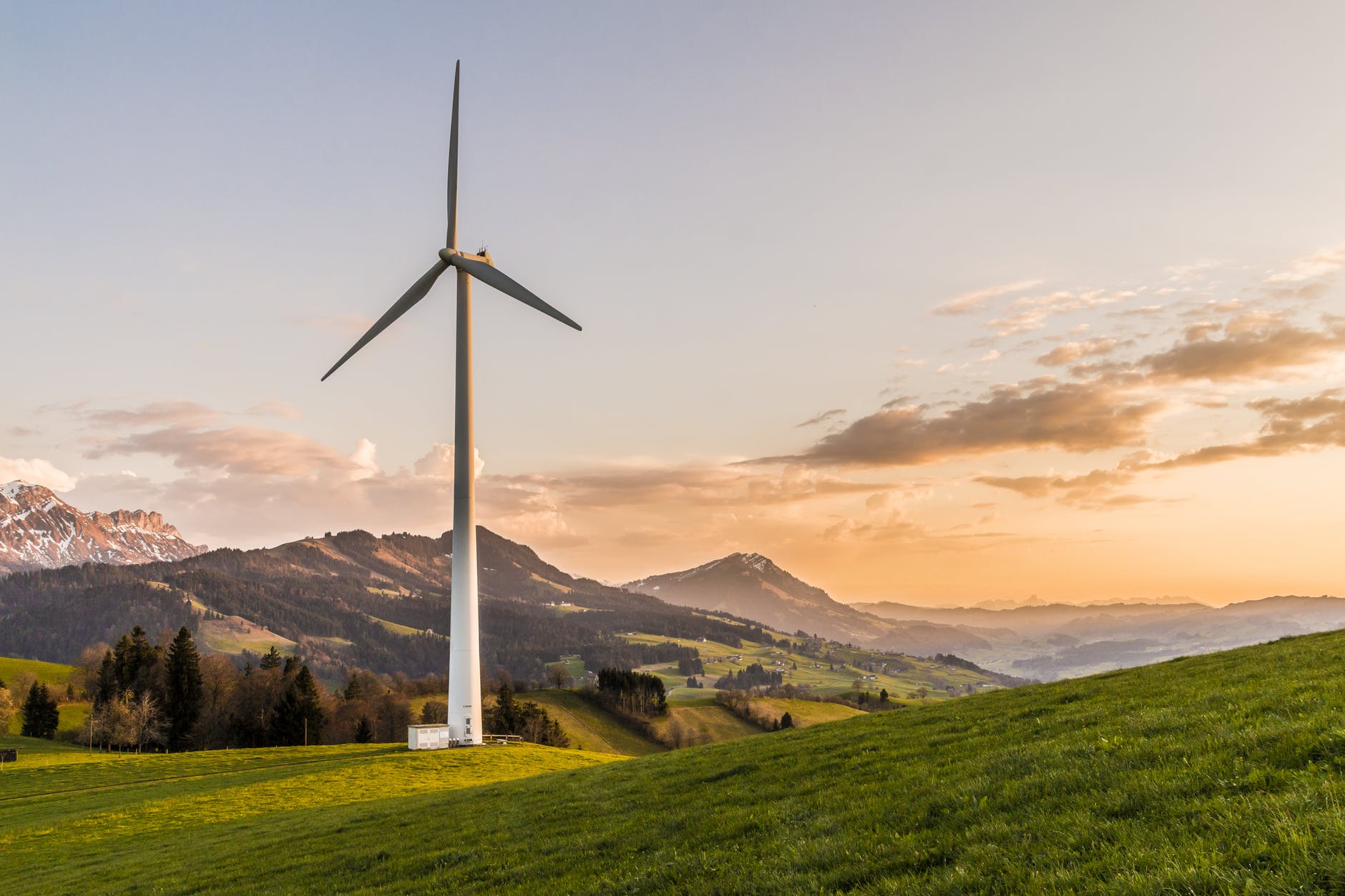
We sat down with CEO of Enoda, Paul Domjan, to talk about the lack of progress that has been made and how we must accelerate the energy transition to prevent an energy security crisis.
Hi Paul, thanks for having this chat with me. Can you tell me a bit about your background?
I’m the CEO of Enoda, which I co-founded in 2021 to was founded in 2021 to commercialise game-changing technology to enable the electricity grid to operate with much higher levels of renewable energy and dramatically reduce the cost of green hydrogen. Prior to founding Enoda, I led several research, data and analytics businesses. I began my career in the scenario planning team at Shell and then began working on energy stability issues when I was asked to become the first energy security adviser to the NATO Commander. I’ve previously been a special adviser to the UK parliament on energy and climate, and I helped to design the ground-breaking Oil Shockwave simulations with Securing America’s Future Energy, which were recognised by President Obama in his 2013 State of the Union address.
What is a fun fact about you?
I spent the second half of 2019 traveling overland, mostly by public transportation, across southern and eastern Africa with my wife and primary school aged children while co-authoring a book about the impact of blockchain technology in developing countries.
Why do you think climate change and sustainability is such an important topic today?
Thinking back to 2006, when I was advising the NATO Commander on energy security, I would never have though that we would have made so little progress with the transition over the subsequent decade and a half. It’s now crunch time for a couple of reasons. On the one hand, the climate cannot wait—GHG emissions continue to outpace targets while advances in climate science continue to add urgency to curtailing emissions. On the other hand, the western democracies have shifted away from producing oil and gas faster than they have shifted away from consuming it. This is understandable, as most oil and gas projects have a 30-year life, so new projects will become stranded assets if we achieve net zero by 2050. However, if we don’t accelerate the energy transition, we risk plunging the world into an energy security crisis as the world is left reliant on an ever-smaller number of autocracies to supply our oil and gas.
What do you envision your industry looking like 10 years from now?
The last decade has seen substantial innovation in renewable generation and EVs, but we fundamentally are still using Nikola Tesla and George Westinghouse’s AC electricity system. That 19th century system was remarkable, and it drove a century of unprecedented economic growth, but it is no longer fit for purpose in the 21st century both because it assumed a one-way flow of power, whereas most points of generation are now downstream (e.g. solar roofs), and because it relied on the spinning mass of thermal power stations to stabilise the AC waveform in the grid. Renewables generate power, but not grid stability, so even as the wholesale cost of renewable energy falls, grid stability costs mean that consumer bills continue to rise. The focus of the next decade will be building an electricity system that can accommodate 100% renewable energy, full electrification of vehicles and a transition to hydrogen for use cases, like heavy transport and industry, that cannot be easily electrified. This will require shifting the source of electricity system stability from thermal generators to the grid itself and moving from thinking about separate energy systems for oil, gas and electricity to building a single integrated energy system that supports multiple modes of energy, including producing hydrogen and synthetic fuels where they are needed. At Enoda, we’re very proud to be developing the technology that will power this transition.
What can the average person do to make a difference?
The incredible expansion in the availability of energy in the 20th century led to a 14-fold increase in human welfare and lifted billions out of poverty. We don’t need to reverse that progress to avoid climate change. Don’t accept that there is a trade-off between climate security and economic security. Encourage your political leaders to keep the transition moving forward and to focus on technologies that can reduce cost to consumers as well as eliminate GHG emissions. Here at Enoda, we are working everyday (and many nights!) to deliver an energy transition that avoids climate change, reduces energy costs and improves energy security. It is possible, and the average person should expect their political leaders to help deliver it.